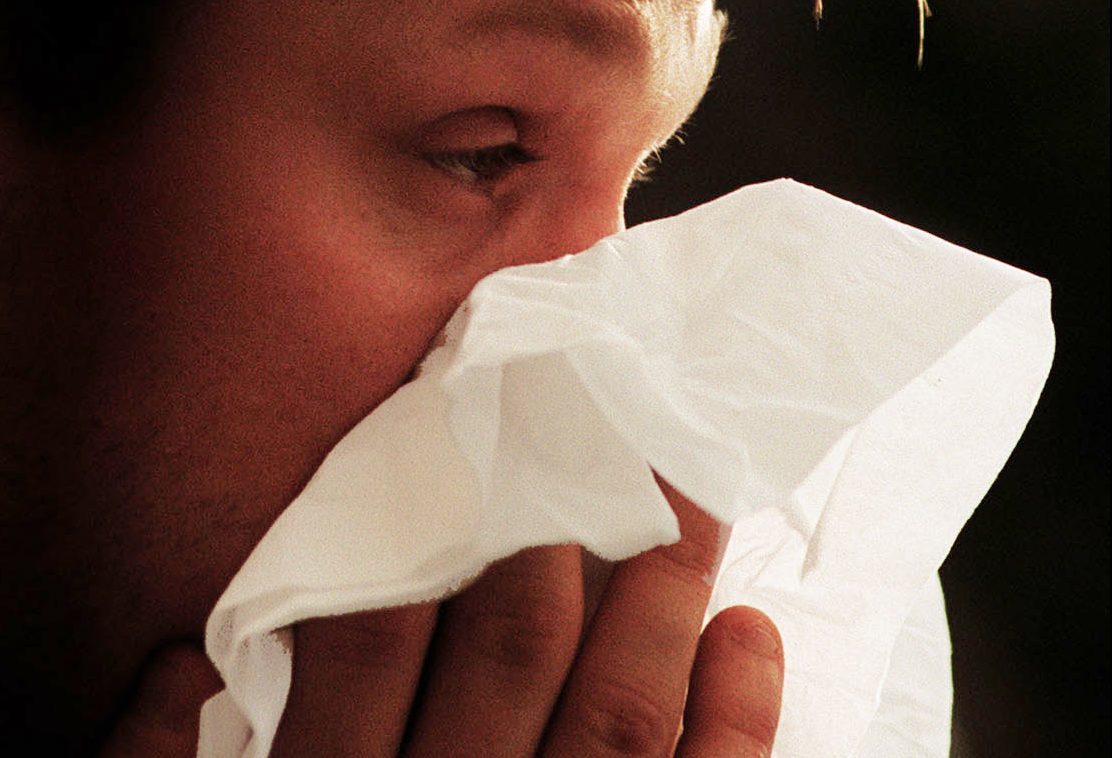
A SENIOR doctor has urged parents to avoid using over-the-counter cough syrups and medicines to treat coughs and colds in children – in favour of “old fashioned” honey and lemon.
Dr Oliver Bevington, a senior registrar in paediatrics at Southampton Children’s Hospital, warned they often contained ingredients that could have adverse effects or be toxic if consumed in large doses.
He also said many included paracetamol which could lead to parents unintentionally overdosing their children and there was absolutely no evidence cough medicines worked and warned they could “actually do more harm than good”.
He said: “We are now heading into our busiest time of the year where hospitals and GPs will see hundreds of children a day with respiratory symptoms including coughing, colds and temperatures.
“Most coughs and colds in children will be caused by a viral infection which will get better without antibiotics and with rest, fluids and possibly paracetamol and/or ibuprofen, though many parents worry persistent symptoms will be damaging and reach for cough syrups.”
Dr Bevington, who is also chairman of the Royal College of Paediatric and Child Health’s trainees’ committee, said although over-the-counter cough syrups and medicines were widely available, there was “a lot of conflicting advice” about their use which parents “understandably find confusing”.
He said: “A lot of cough and cold medicines contain active ingredients such as nasal decongestants, antihistamines and ‘cough suppressors’ that may, in large doses, have adverse effects or be toxic if consumed in large quantities – particularly to the under 6s who are much more susceptible.
“They may also contain paracetamol and parents may unintentionally find themselves overdosing their child with cough medicine and paracetamol while, as with any medicine, there remains a risk that any of the ingredients could cause an allergic reaction or other unwanted side effect.”
He added: “The bottom line is there is absolutely no evidence that cough medicines work as there has been very little research with regards to their use and, potentially, they could actually do the children more harm than good.
“My advice for parents would be to stick to old-fashioned honey and lemon, rest, lots of fluids and paracetamol and/or ibuprofen as per the pack instructions and, if symptoms persist beyond a few days or there are other worrying signs, consult a GP or pharmacist.”

Enjoy the convenience of having The Sunday Post delivered as a digital ePaper straight to your smartphone, tablet or computer.
Subscribe for only £5.49 a month and enjoy all the benefits of the printed paper as a digital replica.
Subscribe